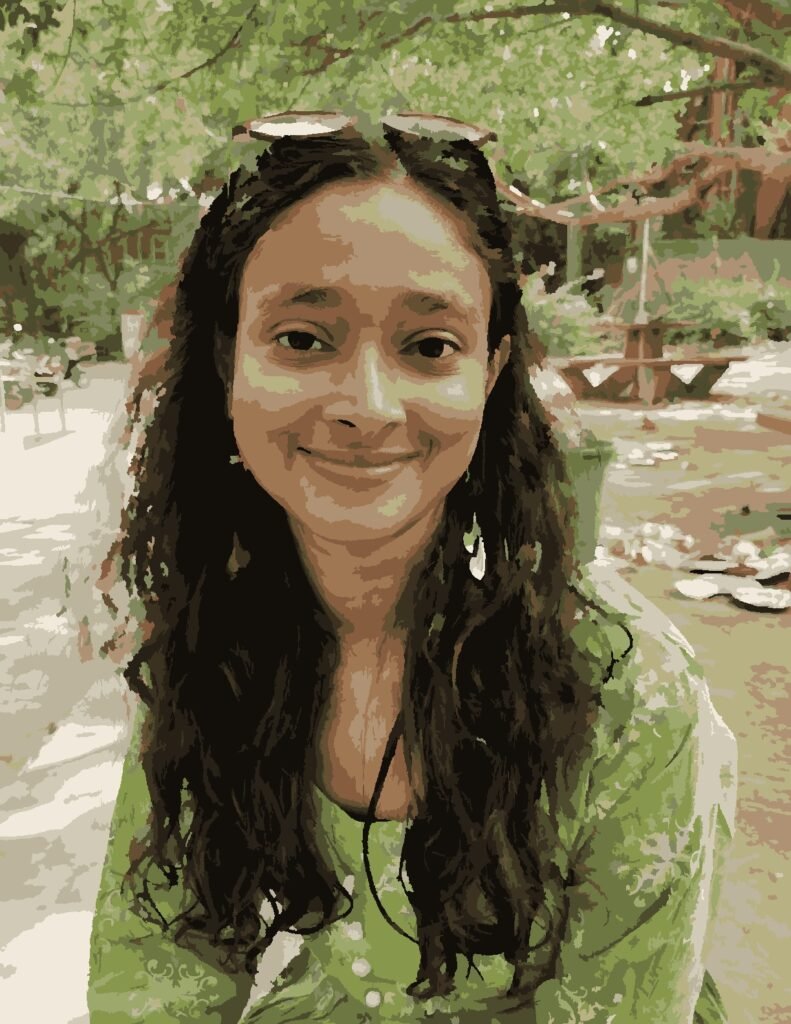Casteism in academia has become prevalent, with another instance evident at Delhi University’s Lady Shri Ram College. In the Hindi department, seats reserved for Other Backward Classes (OBCs) remain vacant because the department did not find any suitable candidates from that category. This news has sparked much debate on social media and raised crucial questions about the casteism faced by backward communities.
There are thousands in the country who have earned their PhDs in Hindi and possess the qualities of a good scholar. Despite this, the department was unable to find a candidate to teach Hindi at Lady Shri Ram College. Many social thinkers have termed this a Brahmanical act, where a particular category is still discriminated against because of their caste identity.
This act raises serious questions about the condition of OBCs in Indian academia. First, they are not allowed to enter elite universities, and if they dare to enter and complete their degrees, they are not allowed to get a job because upper-caste professors still find them unsuitable.
An important question must be asked: who are they to question the academics of OBC candidates? Where is the government’s role in this? Why is there no proper panel with representation from every category? The panel of upper-caste (Savarna) professors always finds it difficult to appoint an OBC professor who can stand on equal footing with them. This jealousy is passed from one generation to the next.
This is not just the story of one college at Delhi University; it is similar across all colleges, especially in central universities. If anyone wants to become a professor, they must have political connections. Discussing this issue with any PhD scholar in the country, you will find they feel hopeless. They say that talent and academic achievement become irrelevant if you do not have political connections. For marginalized students, the situation is worse because they lack the money and powerful connections needed to become professors at elite institutions.
In what kind of country are we living? First of all, vacancies are not announced on time. If there is a vacancy and you are called for an interview, the interview panel has already decided on the candidates. The interview is just a formality for them. One of my acquaintances who interviewed at Delhi University said the panel has a fair idea about your caste and class background and will ask questions accordingly. Instead of focusing on academic questions, they were more interested in my personal life. Sometimes they crack jokes and laugh, leaving you confused about whether you are interviewing for an Assistant Professor position at Delhi University.
Today, in all central universities, there is no entrance examination for Assistant Professor positions. The only way to enter central universities is through an interview. In a country like India, where academic corruption and caste and gender discrimination exist, the interview method sets the stage for more corruption and discrimination. The government must find a solution for this. It first needs to analyze the selection procedure for professors and ensure a free and fair process where a candidate is not barred from becoming a professor because of their caste identity.

Ritu, (National Coordinator, AIOBCSA)


